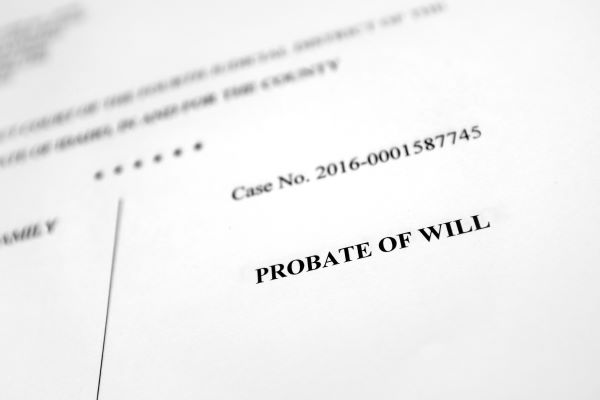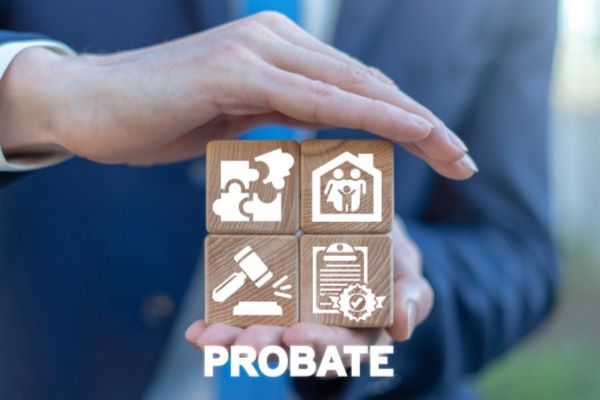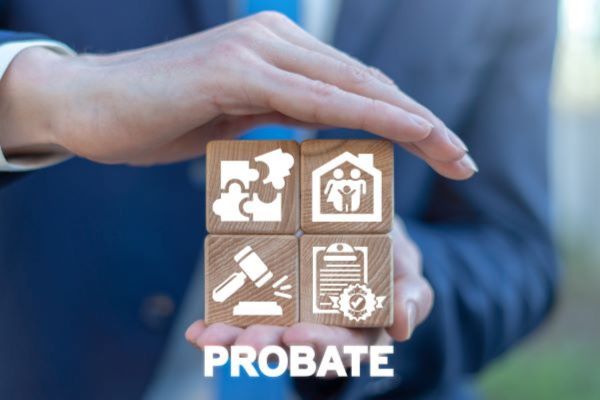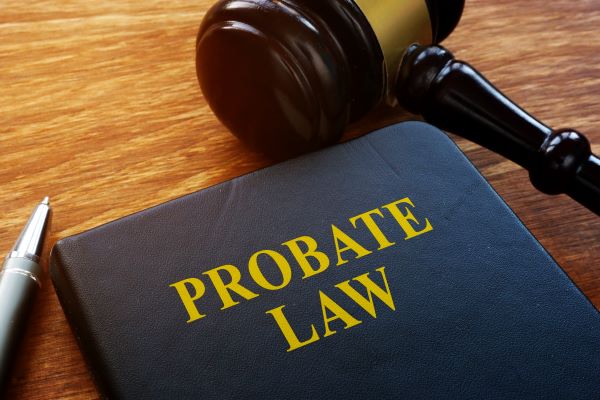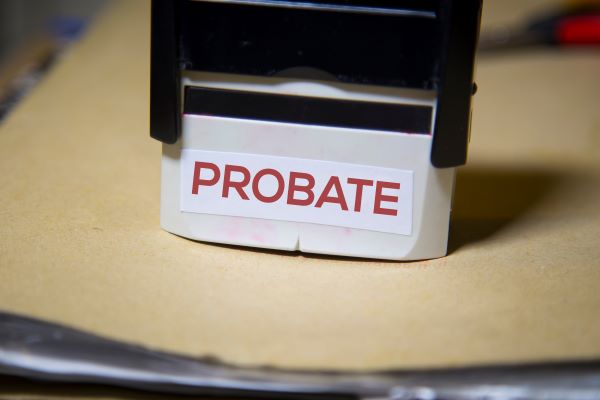Plan Ahead to Reduce Probate
The probate process occurs after someone passes away. Probate can be lengthy, complex, and expensive, but good estate planning can mitigate unwanted risks by anticipating and preventing problems before they arise. Sound estate planning can make the probate process run…


